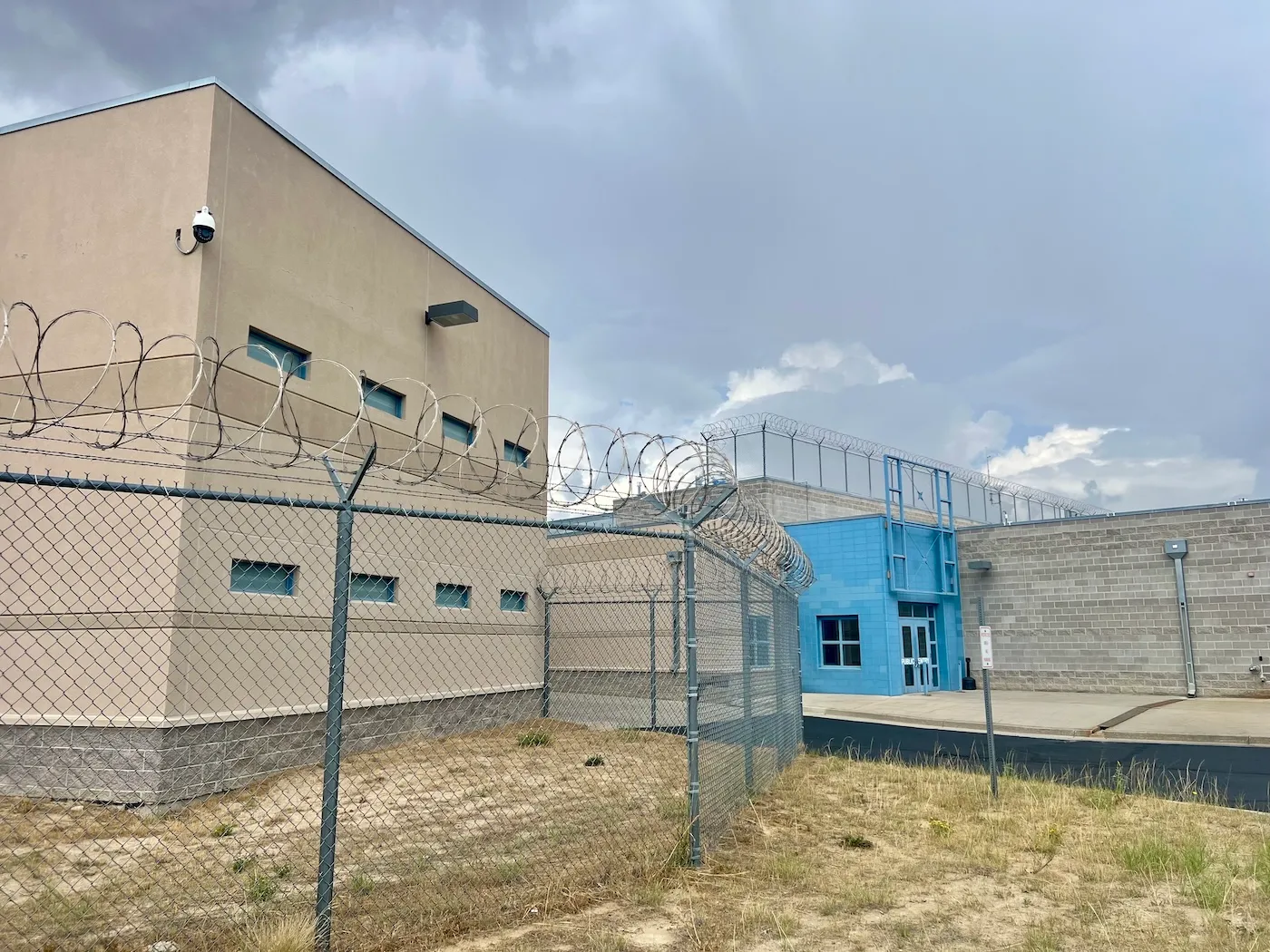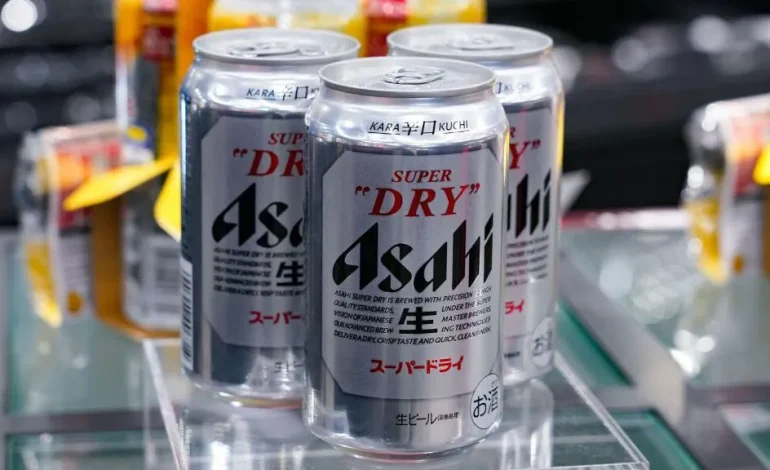With input from BBC, Reuters, and Bloomberg.
Asahi, the Japanese brewer behind Super Dry, says it’s finally getting its systems back on track after a massive cyberattack that snarled everything from orders to shipping — and may have exposed personal data on nearly 2 million people.
The company now aims to have its logistics and IT systems fully restored by February, after spending almost two months containing the late-September ransomware attack and slowly bringing its network back online.
Asahi first spotted trouble on Sept. 29, when a disruption at one of its data centers turned out to be a full-blown ransomware attack. By then, hackers had already slipped into the network, encrypted data and crippled core systems that handle:
- Order processing;
- Shipping and logistics;
- Call centers and customer support.
Factories in Japan were forced to fall back on pen-and-paper orders, and retailers warned of shortages of Asahi beer and soft drinks. Asahi controls around 40% of Japan’s beer market, so the impact was felt quickly.
A ransomware group called Qilin later claimed responsibility. CEO Atsushi Katsuki said Asahi has not paid any ransom.
The company now believes that personal information tied to up to 1.9 million customers, staff, and business contacts may have been compromised, including:
- More than 1.5 million customers’ names, gender, addresses and contact details;
- Data on about 107,000 current and former employees;
- Information on roughly 168,000 employees’ family members;
- Contact details for around 114,000 outside business contacts.
So far, Asahi says there’s no evidence the data has appeared online, and no credit card details were involved. Confirmed exposure at this point is limited to a small number of employee-related records found on company laptops.
The breach appears to be confined to systems managed in Japan. Asahi says its overseas brands — including Peroni and Fuller’s in Europe — were not affected.
The timing couldn’t have been worse. The attack hit just as Asahi headed into its busiest season, with December normally the strongest month and Super Dry alone accounting for about 12% of annual domestic sales.
Key impacts so far:
- October sales at its main Japan-facing beverage and food units were down 10%–40% year over year.
- Asahi’s Japan beer sales fell just under 10% in October, while rival Kirin saw sales jump as much as 19%, with Sapporo also up and Suntory flat.
Despite the disruption, some analysts now think the damage will be less severe than initially feared, with one revising Asahi’s Q4 forecast from a projected loss to a profit.
Because of the cyber fallout, Asahi has had to push back its financial reporting twice:
- Q3 earnings, originally due Nov. 12, were postponed to more than 45 days after the Sept. 30 quarter-end.
- Full-year results for the year ending Dec. 31, 2025, will now be released more than 50 days after year-end, as the company focuses on recovery and cleanup.
Still, Katsuki told reporters the company’s mid- to long-term management plan hasn’t changed, even if short-term earnings in Japan are taking a hit.
Asahi says it is:
- Rebuilding and reconfiguring its network;
- Strengthening group-wide cybersecurity;
- Gradually ramping up shipments, with six domestic factories already back in operation.
“We are making every effort to achieve full system restoration as quickly as possible,” Katsuki said, apologizing for the shortage headaches and promising tighter information security going forward.
For now, Super Dry lovers in Japan should see shelves slowly refilling — with Asahi betting that by February, the cyber chaos will finally be behind it.










The latest news in your social feeds
Subscribe to our social media platforms to stay tuned